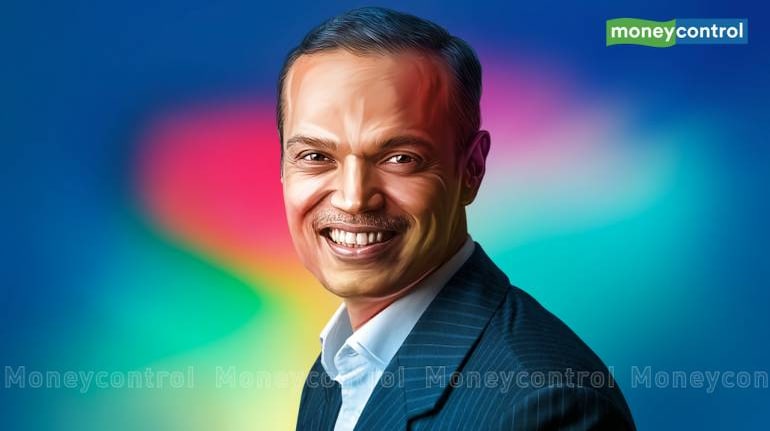



Over four years, the broad market’s implied earnings could compound at around 20 percent, according to Morgan Stanley’s Ridham Desai. In an exclusive conversation with Moneycontrol, Desai said that he expects the share of profits in GDP to rise from 5 to 8 percent and the nominal GDP to grow around 10 to 11 percent. “If this happens over four years, then earnings would grow at 20 percent. But this happens over three years, earnings growth could be even faster.” He said.
He then articulated on the factors that will drive the share of profits in GDP to rise from 5 to 8 percent. According to him, earnings are a function of five variables: investment rate in the economy, government dissaving (deficit), household saving, trade, current account deficit, and dividends.
Also read: India’s bull market is underpinned, it could be a 40-year story: Ridham Desai
Investment rate:Earnings, he explains, is created by investments made in the economy. Hence, it is important to see where these investments are coming in.
Government dissaving:Government deficit contributes to earnings. A decline in deficit, on the contrary, is a drag on earnings. Desai sees deficit declining over the next three years. “But it will only be a slight drag.”
Household saving:If households save, it's a drag on earnings because there's less consumption, Desai explains. That (consumption) is a very positive contributor right now, while gross savings are still in line with history, because households are leveraging. The aspiration of the Indian middle class is high and they are willing to spend their future (income). “It will end badly in 20–30 years, but not today. And therefore, that brings forward the earnings,” he adds.
Trade and current deficit:The third is the trade deficit or the current account deficit. A deficit means you're losing production to companies outside India. So that deficit is declining on a structural basis as we import less oil, and trading more with the world, and the trade is in our favour. Trade deficit therefore will be a positive contributor to earnings growth.
Dividends that companies pay go back into the economy as consumption. So when they are rising, Desai explains that it is good for profits, ironically. “When they're rising, it drags down the investment rate because that's less saving than the companies do. To compensate for that, companies can leverage. As leverage is low, there's room for all these things to grow,” he says.
All these five drivers, he adds, except for government dissaving, which Desai believes will reduce, are all very positive for earnings. Ultimately, this is where earnings come from, not revenues and margins.
When one fundamentally comprehends this fact—although people may have different views—and once intrinsically understands where earnings come from, Desai says that it is difficult to opine that earnings are going to lose share. “My base case is earnings will gain share. So, if you're in that cycle, then I think we're good for share prices until that peaks or the peak is getting apparent, because share prices will peak 12 months before that,” he adds.
Disclaimer: The views and investment tips expressed by investment experts on Moneycontrol.com are their own and not those of the website or its management. Moneycontrol.com advises users to check with certified experts before taking any investment decisions.Discover the latest Business News, Sensex, and Nifty updates. Obtain Personal Finance insights, tax queries, and expert opinions on Moneycontrol or download the Moneycontrol App to stay updated!
Find the best of Al News in one place, specially curated for you every weekend.
Stay on top of the latest tech trends and biggest startup news.